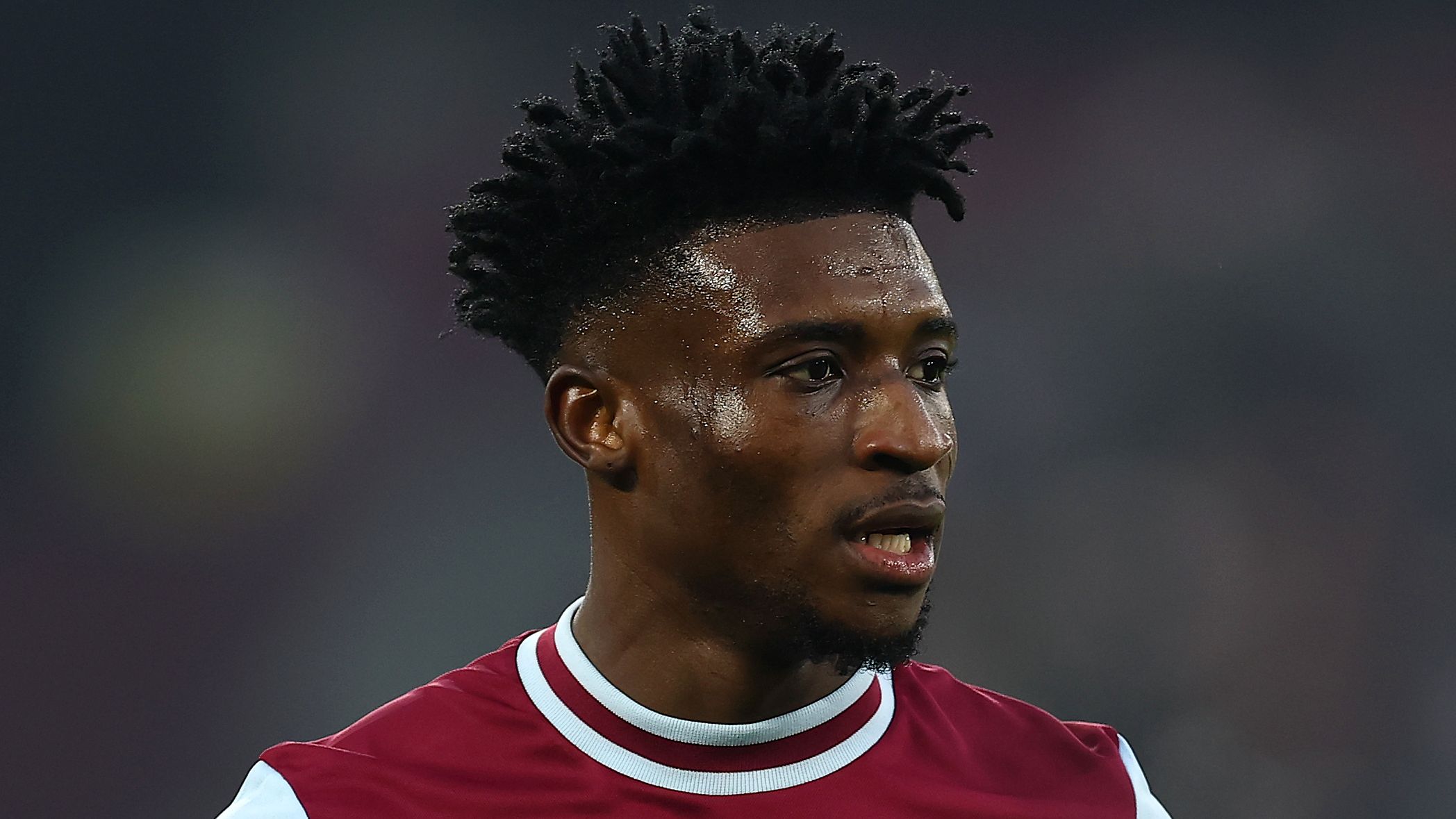Mohammed Kudus Transfer Battle Heats Up Between Chelsea & Spurs
Mohammed Kudus transfer talk took a dramatic turn this week as Chelsea signalled their intention to rival Tottenham Hotspur for the West Ham United forward’s signature. The Blues, who have already sewn up deals for Liam Delap, Joao Pedro and Jamie Gittens, are not content to stop there as they look to reshape Mauricio Pochettino’s attack ahead of the 2024-25 Premier League season.
Why the Mohammed Kudus transfer appeals to Chelsea
Chelsea’s recruitment department believes the Mohammed Kudus transfer can solve multiple problems in one swoop. The Ghanaian scored 14 goals and produced six assists in his first Premier League campaign, thriving both on the right flank and as a roaming No. 10. Pochettino craves that blend of creativity and penetration after watching his side over-rely on Cole Palmer. The 23-year-old also ranks in the top five league-wide for successful dribbles, an attribute that aligns perfectly with the high-tempo, front-foot football favoured at Stamford Bridge.
Tottenham’s earlier move and West Ham’s stance
Tottenham lodged a £50 million bid for Kudus earlier in July, hoping to steal a march on rivals and bolster Ange Postecoglou’s squad. West Ham did not reject the approach out of hand, but they informed Spurs they want closer to £70 million to sanction any Mohammed Kudus transfer. While David Moyes would prefer to keep his star man, club insiders admit that selling one big-ticket player could fund much-needed defensive reinforcements.
Chelsea’s broader recruitment strategy
The Blues’ renewed interest in the Mohammed Kudus transfer fits an emerging pattern. Chelsea have prioritised versatile attackers under sporting directors Paul Winstanley and Laurence Stewart. The acquisitions of Delap, Pedro and Gittens—each capable of playing more than one position—mirror Kudus’s profile. Club data analysts rate the Ghana international’s ability to carry the ball through midfield as “elite”, while scouts praise his pressing intensity, another key metric in the ownership’s long-term vision.
Financial considerations and FFP
Chelsea’s hierarchy believe a Mohammed Kudus transfer can be funded without breaching Financial Fair Play rules. The club recouped significant fees from the sales of Armando Broja, Kepa Arrizabalaga and several academy products, lowering the wage bill at the same time. Structured add-ons and a lengthy contract—standard practice in West London—would further spread the cost. Tottenham, by contrast, may need to move players on first, with exits for Giovani Lo Celso or Pierre-Emile Højbjerg likely to unlock funds.
How Kudus would fit into Pochettino’s system
Pochettino typically lines his side up in a 4-2-3-1. In that shape, the Mohammed Kudus transfer would allow the Ghanaian to alternate with Palmer in the central pocket or drift inside from the right as an inverted winger. His low centre of gravity and two-footed skillset could also relieve pressure on Nicolas Jackson by providing a secondary goal source. Importantly, Kudus’s work-rate off the ball—he averaged 19 pressures per 90 minutes last year—meets the Argentine coach’s demanding standards.
Potential obstacles in the Mohammed Kudus transfer saga
Despite Chelsea’s optimism, several hurdles remain. Firstly, Kudus penned a contract with West Ham only 12 months ago, giving the Hammers negotiating leverage. Secondly, Tottenham’s longstanding admiration means they are unlikely to withdraw quietly; Sam Levy remains keen to pair Kudus with Son Heung-min and James Maddison. Thirdly, Champions League football could influence the player’s decision: Spurs will compete in Europe’s premier competition next term, while Chelsea must settle for the Europa League.
Player preference and agent influence
Sources close to the player insist Kudus is open to both London giants, but his representatives are analysing sporting projects rather than purely wage packets. The chance to spearhead Chelsea’s youthful rebuild has obvious appeal, yet the lure of Champions League nights under the Tottenham Hotspur Stadium lights cannot be discounted. Whichever club convinces Kudus that he will play centrally—and not be shunted wide as cover—may ultimately win this high-stakes race.
Opinion: The smart move?
In football’s finely balanced transfer market, opportunities to sign proven, versatile attackers under 25 are rare. Should Chelsea outmuscle Spurs for Kudus, they would secure a ready-made Premier League performer whose ceiling remains tantalisingly high. For Tottenham, missing out could sting, but West Ham will not sell cheaply, and Postecoglou must weigh the risk-reward equation carefully. From this vantage point, sealing the Mohammed Kudus transfer appears the smarter play for Chelsea, blending immediate impact with long-term upside.
Share this content:

